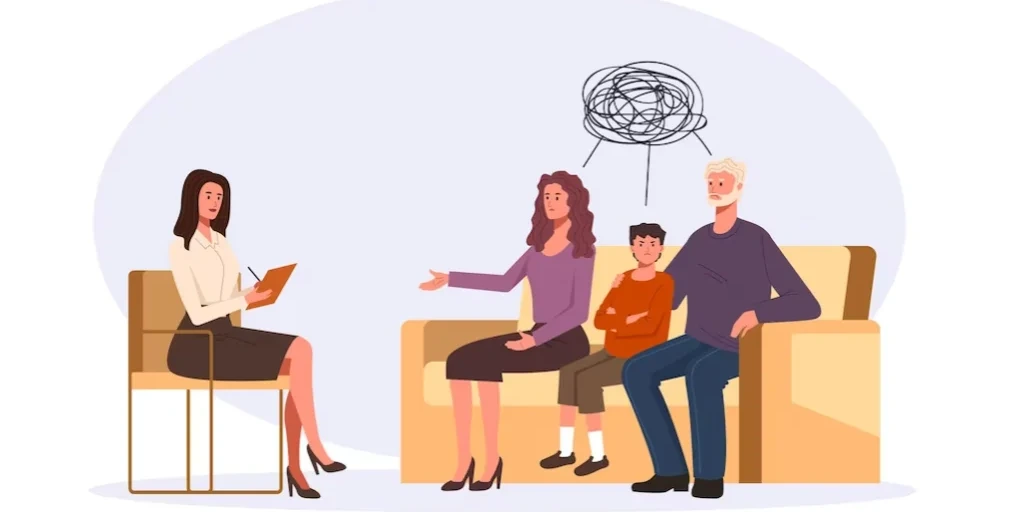24/7 Helpline:
(866) 899-111424/7 Helpline:
(866) 899-1114
Other Insurance Options

American Behavioral

Humana

Evernorth

WellPoint

Cigna

Multiplan

Optum

Oxford

United Health Care

WellCare Health Plans

Private insurance

Choice Care Network

PHCS Network

CareSource

Sliding scale payment assistance

Excellus

Health Net

AllWell

Aetna
Beacon



SBZ Services Unlimited
SBZ Services Unlimited is a private rehab located in Camilla, Georgia. SBZ Services Unlimited specia...































